Research team achieves world-class results in photolithography research with solid-state laser-driven approach, paper shows.


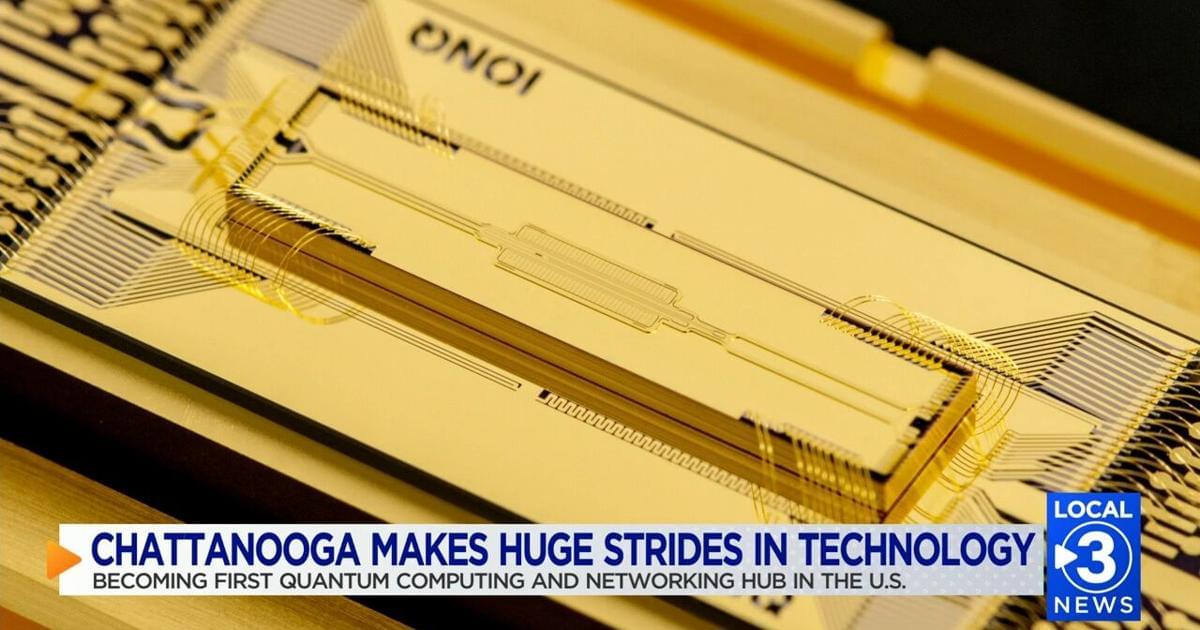
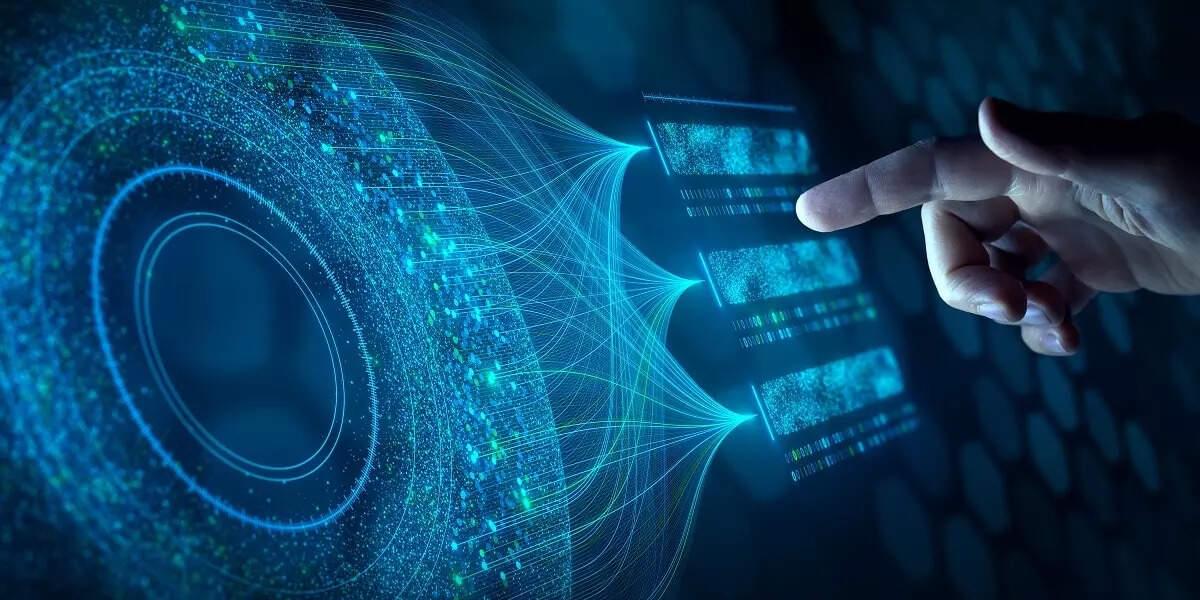
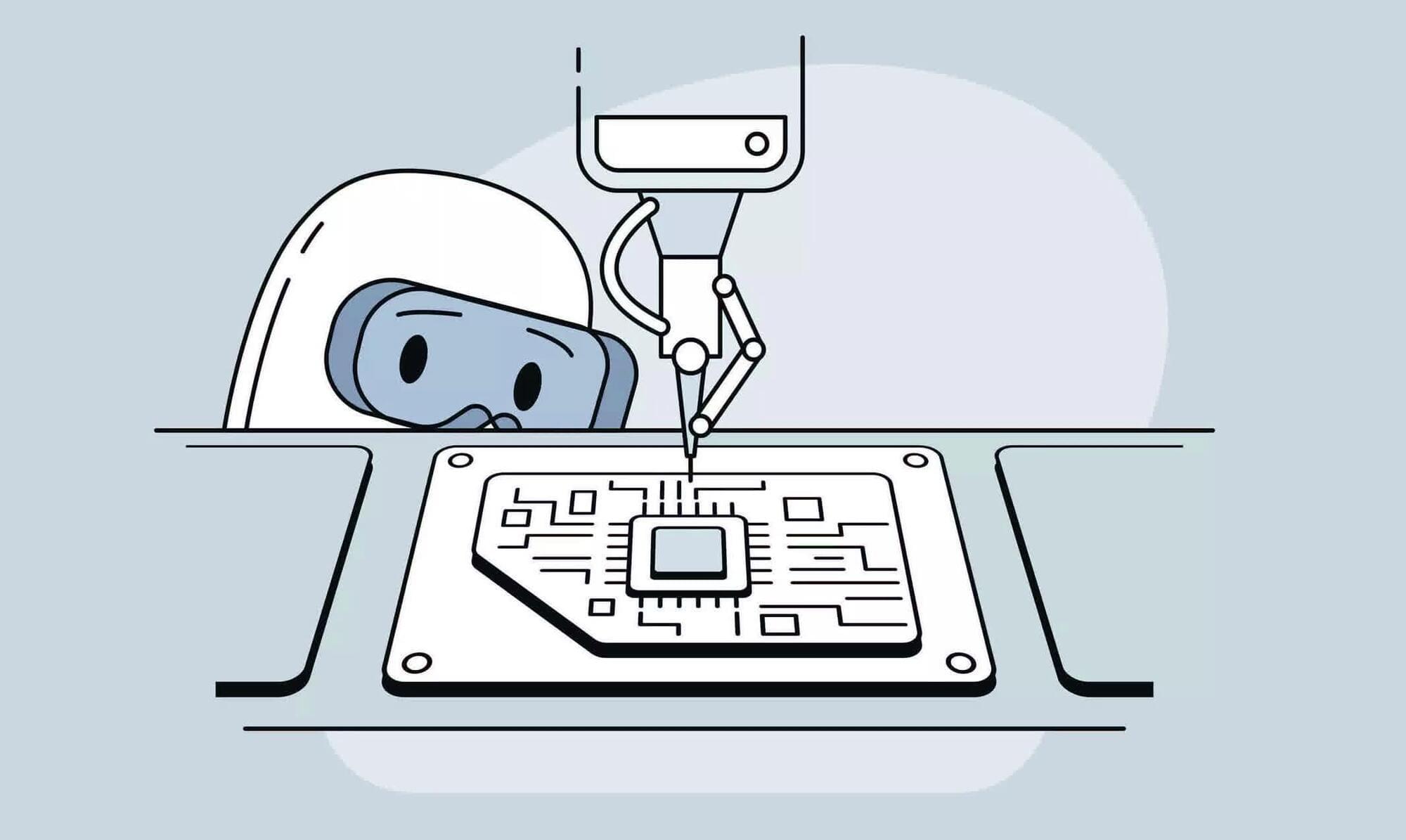
All of the cooling methods we’ve discussed so far work by the simple transfer of heat from a hot chip to the surrounding air. This means a chip can never get colder than the ambient temperature of the room it’s in. If we want to cool below ambient temperatures, or if we need to cool something massive like an entire data center, we need to apply some additional science. This is where chillers and thermoelectric coolers come in.
Thermoelectric cooling, also known as a Peltier device, is not very popular at the moment but has the potential to become very useful. These devices transfer heat from one side of a cooling plate to the other by consuming electricity. They use special thermoelectric materials that can create a temperature difference via an electric potential.
When a DC current flows through the device, heat is absorbed from one side and transferred to the other, allowing the “cool” side to drop below ambient temperature. Currently, these devices remain niche because they require a lot of energy to achieve significant cooling. However, researchers are working to develop more efficient versions for broader use.
In this remarkable conversation, Michael Levin (Tufts University) and Blaise Agüera y Arcas (Google) examine what happens when biology and computation collide at their foundations. Their recent papers—arriving simultaneously yet from distinct intellectual traditions—illuminate how simple rules generate complex behaviors that challenge our understanding of life, intelligence, and agency.
Michael’s \
Lex Fridman Podcast full episode: https://www.youtube.com/watch?v=Kbk9BiPhm7o.
Please support this podcast by checking out our sponsors:
- Cloaked: https://cloaked.com/lex and use code LexPod to get 25% off.
- MasterClass: https://masterclass.com/lexpod to get 15% off.
- Notion: https://notion.com/lex.
- LMNT: https://drinkLMNT.com/lex to get free sample pack.
- Motific: https://motific.ai.
- BetterHelp: https://betterhelp.com/lex to get 10% off.
GUEST BIO:
Elon Musk is CEO of Neuralink, SpaceX, Tesla, xAI, and CTO of X. DJ Seo is COO & President of Neuralink. Matthew MacDougall is Head Neurosurgeon at Neuralink. Bliss Chapman is Brain Interface Software Lead at Neuralink. Noland Arbaugh is the first human to have a Neuralink device implanted in his brain.
PODCAST INFO:
Podcast website: https://lexfridman.com/podcast.
Apple Podcasts: https://apple.co/2lwqZIr.
Spotify: https://spoti.fi/2nEwCF8
RSS: https://lexfridman.com/feed/podcast/
Full episodes playlist: https://www.youtube.com/playlist?list=PLrAXtmErZgOdP_8GztsuKi9nrraNbKKp4
Clips playlist: https://www.youtube.com/playlist?list=PLrAXtmErZgOeciFP3CBCIEElOJeitOr41
SOCIAL:
- Twitter: https://twitter.com/lexfridman.
- LinkedIn: https://www.linkedin.com/in/lexfridman.
- Facebook: https://www.facebook.com/lexfridman.
- Instagram: https://www.instagram.com/lexfridman.
- Medium: https://medium.com/@lexfridman.
- Reddit: https://reddit.com/r/lexfridman.
- Support on Patreon: https://www.patreon.com/lexfridman
Synchron has developed a Brain-Computer Interface that uses pre-existing technologies such as the stent and catheter to allow insertion into the brain without the need for open brain surgery.
Read the CNET article for more info:
You Might Not Need Open Brain Surgery to Get Mind Control https://cnet.co/3sZ7k67
0:00 Intro.
0:25 History of Brain Chip Implants.
0:44 About Synchron.
0:54 How Synchron implants the interface.
1:55 How brain patterns transmit signals.
2:50 Risks and Concerns.
3:50 Patients and Clinical Testing.
4:25 Brain Health Monitoring.
5:04 Synchron Switch Price.
Never miss a deal again! See CNET’s browser extension 👉 https://bit.ly/3lO7sOU
Check out CNET’s Amazon Storefront: https://www.amazon.com/shop/cnet?tag=lifeboatfound-20.
Follow us on TikTok: / cnetdotcom.
Follow us on Instagram: / cnet.
Follow us on Twitter: / cnet.
Like us on Facebook: / cnet.
#WhatTheFuture #Synchron #BCI
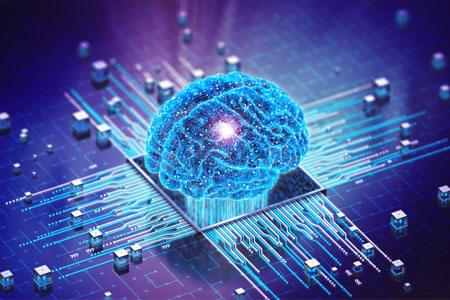

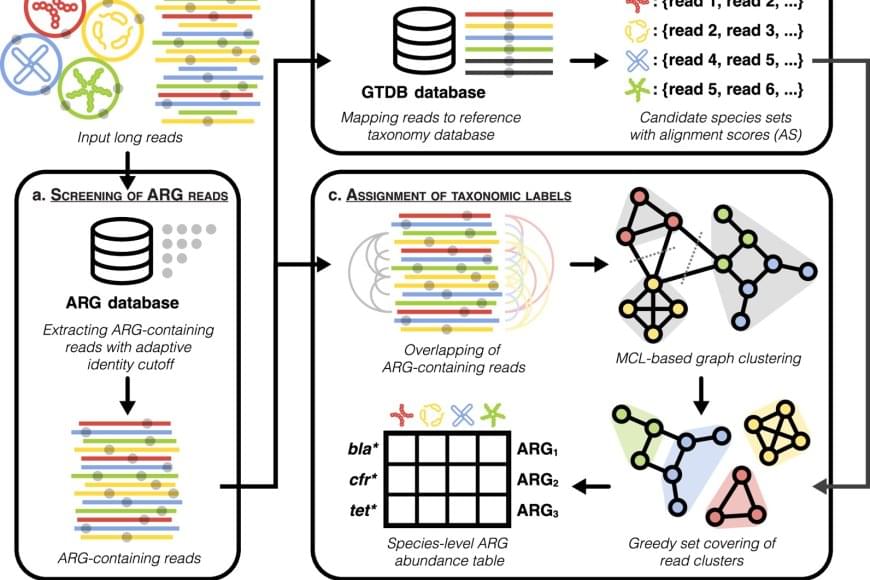
The global proliferation of antibiotic resistance genes (ARGs) poses a significant threat to the efficacy of antibiotic-based treatments for diseases. Effective monitoring of ARGs across both spatial and temporal dimensions is essential to understanding their transmission and implementing preventive measures.
A research team has developed a computational tool, Argo, designed to accurately track ARGs in environmental samples, providing insights into their dissemination and associated risks.
“Short-read sequencing method is currently used as a high-throughput DNA sequencing technique that generates large volumes of short DNA fragments, typically 150 base pairs. However, it often fails to provide information on the hosts of ARGs,” explained the senior author. “Without detailed host information, it becomes challenging to accurately assessing the risks of ARGs and tracing their transmission, hindering our understanding of their impact on human health and the environment.”